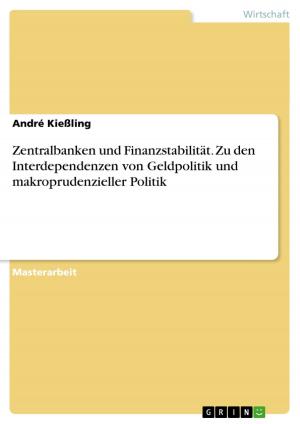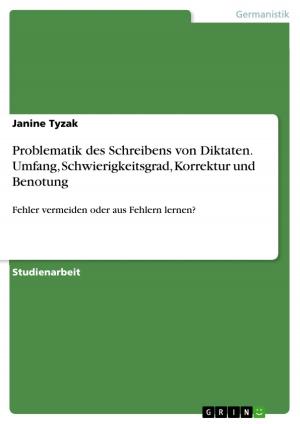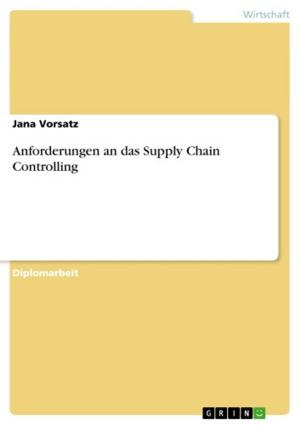Economic consequences of United Kingdom's decision to stay or leave the European Union
Nonfiction, Social & Cultural Studies, Political Science, Politics, Economic Policy| Author: | Peyman Pouryeganeh | ISBN: | 9783668077980 |
| Publisher: | GRIN Verlag | Publication: | October 30, 2015 |
| Imprint: | GRIN Verlag | Language: | English |
| Author: | Peyman Pouryeganeh |
| ISBN: | 9783668077980 |
| Publisher: | GRIN Verlag |
| Publication: | October 30, 2015 |
| Imprint: | GRIN Verlag |
| Language: | English |
Research Paper (postgraduate) from the year 2013 in the subject Business economics - Economic Policy, , language: English, abstract: What would be the economic consequences of the United Kingdom leaving the European Union? This paper begins by investigating the current economic situation of the EU and the UK. then it evaluates the benefits and the drawbacks associated with the UK's membership in the European Union, to conclude on whether the economic situation of the UK would be better if it left the EU. Although, for economic reasons, the UK has consistently shown interest in a deeper European single market, on many occasions, it has demonstrated discomfort with the politics and efforts of other EU members to implement members' obligations. For the same reason, the country did not adopt euro as its currency in 1999. In addition, and to maintain and control its borders, it did not become a member of the Schengen area and cooperation. The economy of the UK is mainly services-based with a concentration on financial services although it also maintains capacity in high-tech and other industrial sectors. With a GDP of ?1.9 billion in 2012, the UK's economy is the third largest in the EU after Germany and France, and accounts for more than 14% of the EU's total GDP, making it an important member of the European Union. On the other hand, nearly half of the UK's exports go to the EU member countries making EU an indispensable market for the UK's economy. The question of leaving the EU is therefore a much debated one, and this paper adds to the discussion.
Research Paper (postgraduate) from the year 2013 in the subject Business economics - Economic Policy, , language: English, abstract: What would be the economic consequences of the United Kingdom leaving the European Union? This paper begins by investigating the current economic situation of the EU and the UK. then it evaluates the benefits and the drawbacks associated with the UK's membership in the European Union, to conclude on whether the economic situation of the UK would be better if it left the EU. Although, for economic reasons, the UK has consistently shown interest in a deeper European single market, on many occasions, it has demonstrated discomfort with the politics and efforts of other EU members to implement members' obligations. For the same reason, the country did not adopt euro as its currency in 1999. In addition, and to maintain and control its borders, it did not become a member of the Schengen area and cooperation. The economy of the UK is mainly services-based with a concentration on financial services although it also maintains capacity in high-tech and other industrial sectors. With a GDP of ?1.9 billion in 2012, the UK's economy is the third largest in the EU after Germany and France, and accounts for more than 14% of the EU's total GDP, making it an important member of the European Union. On the other hand, nearly half of the UK's exports go to the EU member countries making EU an indispensable market for the UK's economy. The question of leaving the EU is therefore a much debated one, and this paper adds to the discussion.















